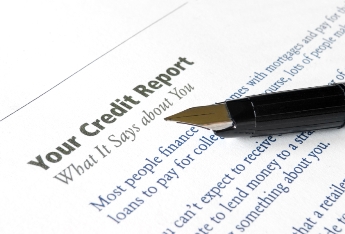Home Insurance Costs – How Credit Will Impact them.

Yes, contrary to what you may have heard elsewhere, your credit score has a direct effect on how much you pay for homeowner’s insurance. For instance, according to PropertyCasualty360:
- Homeowners with bad credit pay up to 91 percent more in home insurance premiums than those with excellent credit.
- Homeowners with average or good credit pay almost 30 percent more than those with excellent credit.
- The FICO score is used by about 85 percent of the nation’s home insurance providers in determining risk.
- West Virginia, Washington D.C., Ohio and Virginia are where there’s the biggest discrepancy between premium costs for those with poor vs. excellent credit.
- California, Massachusetts and Maryland are the three states that prohibit insurers from weighing credit scores into home insurance premiums.
Now there are a lot of factors that also determine an insurance premium (i.e. age of the home, proximity to water, crime rates, etc.), but it’s not unreasonable to think that someone with excellent credit could save hundreds of dollars per year compared to someone with poor credit when it comes to home insurance. Say for example that a homeowner with excellent credit pays $1,000 a year for home insurance. That same homeowner with poor credit may pay $1,910 per year – a whooping $910 more just because of their credit score.
So just why is your credit score weighed so significantly when you’re shopping for home insurance? It’s because creditors have found that the credit score is a great predictor of risk. Therefore, it’s implied that those with poor credit are more likely to file a claim than those with excellent or good credit. It doesn’t matter whether it’s fair or not – it’s a fact that your credit score is a big influencer on your insurance policies.
So if your credit score is lacking, you’re likely paying out the nose on your home insurance as well, making debt management and working to repair credit all the more important. Here are some credit tips on how to increase your score – and thereby save:
- Pay bills on time: This accounts for 35 percent of your FICO score, making on-time payment key.
- Get finances in order: If you can pay down your debt so that it’s around 30 percent of your total credit allotment, you’ll see your score rise.
- Check your credit: Get into a habit of occasionally checking your credit report and looking out for any errors. Errors are common and can negatively impact your score, so if you notice any discrepancies, contact that party and set the record straight.
- Don’t go crazy: Don’t think that closing a paid off account is the answer to credit repair. In many cases, it won’t. Why? Because when you close an account, you also reduce your total credit allotment. Conversely, opening new accounts to increase your allotment isn’t a great credit repair solution either – especially if you run those amounts up.
As you can see, a good credit score is very important for much more than just qualifying for loans at low interest rates. For additional information feel free to Sign Up for $0 below.

